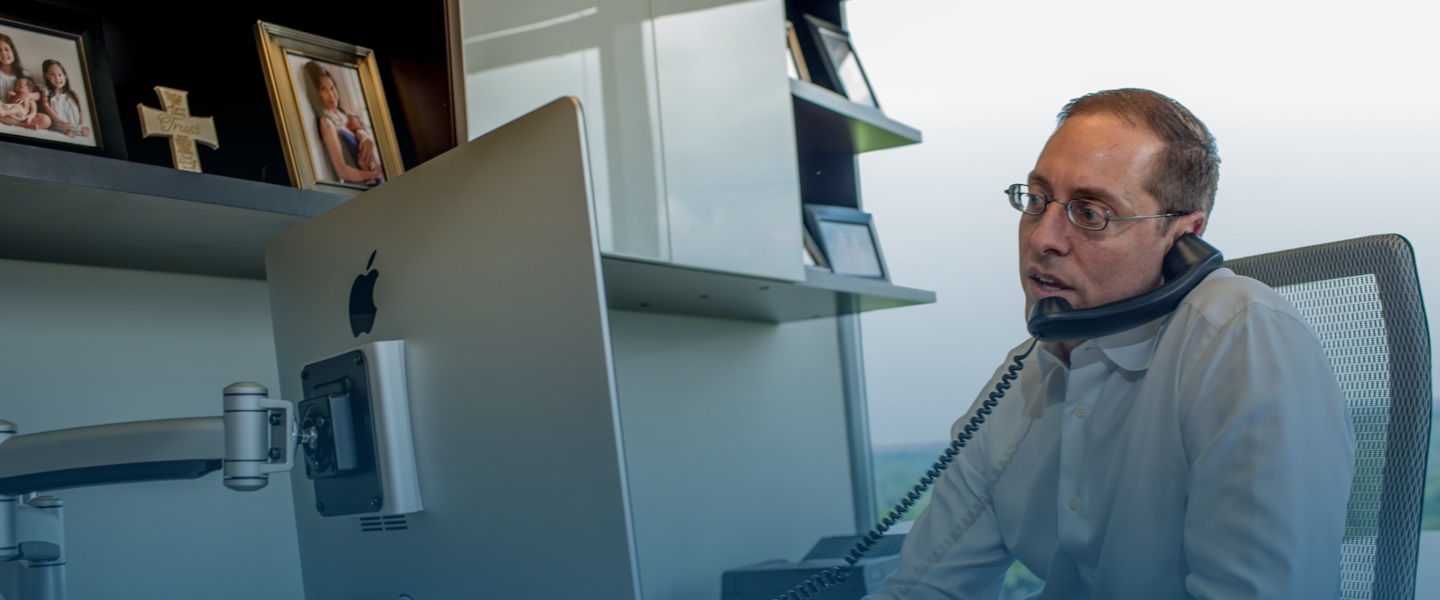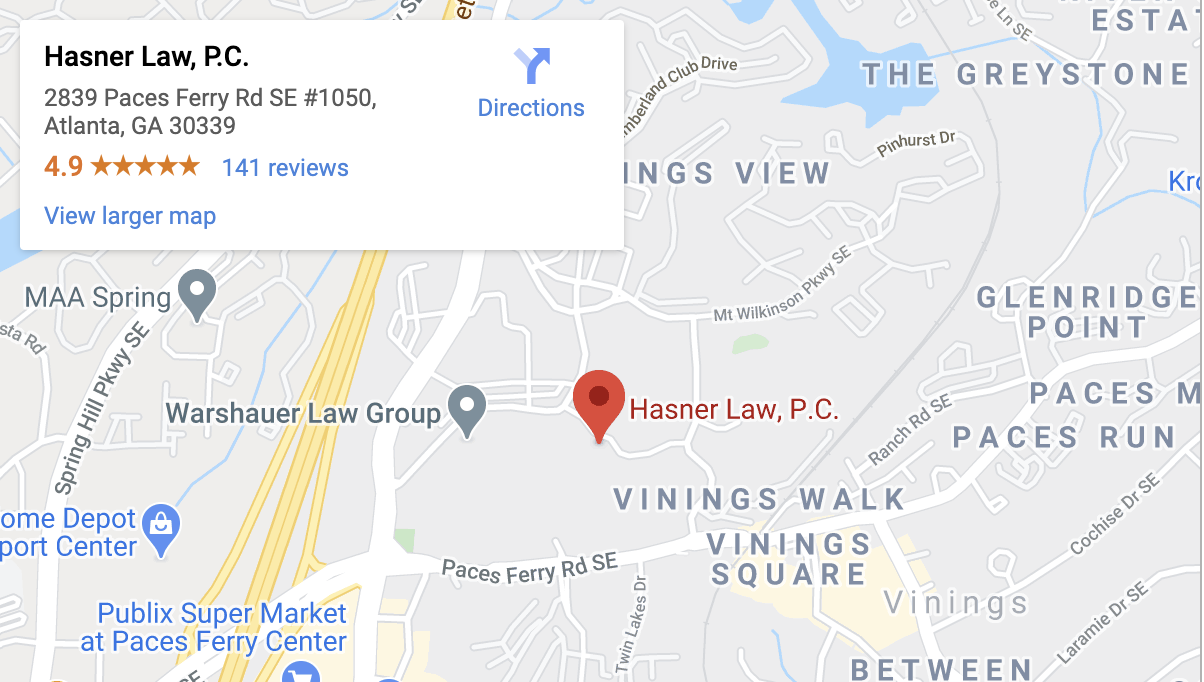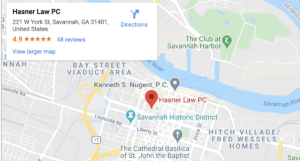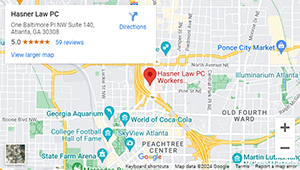Atlanta Nursing Home Choking Lawsuits
NOTE: Our law firm does not handle these cases. This article is for informational purposes only. Information found in the article does not constitute as formal legal advice and does not create an attorney/client relationship.
Food can be a choking hazard for many residents in a nursing home. Often, staff members do not supervise these residents during mealtime. This lack of supervision can result in malnutrition from not eating or a wrongful death because of choking. An Atlanta nursing home abuse lawyer can help you.
How Do Choking Accidents Happen in Nursing Homes?
The most common reason for nursing home choking accidents is neglect. Nursing home staff members may fail to supervise nursing home patients as they eat. As a result, the patient may choke on a bite of food and not be able to signal for help.
Some residents have family members that come to the nursing home each day to help them eat, but they are few. Most residents rely on nursing home staff members to help them with their daily activities, including eating.
For residents who cannot cut their food into small bites or feed themselves, having assistance during mealtime is essential. Other patients may require assistance drinking to avoid choking. However, they might always get the assistance they need.
Why Are Patients Who Need Assistance Not Monitored?
Some common reasons for nursing home neglect include:
- Understaffed nursing homes
- Lack of training, especially training related to choking prevention and for patients with special needs
- Inadequate supervision of staff members
- Hiring employees who have histories of abuse, neglect, or poor performance in other long term care facilities
When a nursing home fails to supervise staff members, they can be held liable if patients sustain harm. Money does not undo the harm caused by nursing home neglect. However, it can provide additional care for your loved one.
Also, filing a nursing home abuse complaint sheds light on the abuse and neglect. Other patients that may be abused or neglected could get the help they need because of your complaint.
Filing a Nursing Home Abuse or Neglect Claim for a Choking Accident in Georgia
If your loved one sustained harm in a nursing home, you might want to consider filing a personal injury claim to recover compensation for their damages.
Your loved one could be entitled to money for their:
- Physical pain
- Emotional distress
- Mental anguish
- Physical injuries
- Medical bills and expenses
- Personal care costs
The nursing home and staff members might be liable for the costs of additional care if the choking accident resulted in permanent impairments. A nursing home abuse attorney can help you evaluate your loved one’s options after their choking incident.
Nursing Home Abuse Takes Many Forms
In addition to neglect, there are other forms of elder abuse. Examples of the types of abuse or neglect in long term care facilities include:
- Financial abuse
- Sexual abuse
- Physical abuse
- Emotional abuse
- Verbal abuse
We cannot undo what happened to your loved one, but we can help you seek financial compensation for their injuries, pain, and suffering.
Schedule a Free Consultation with A Home Abuse Lawyer in Atlanta Today
If your loved one was injured in a nursing home or assisted care facility, contact a firm that will help you identify the parties that are liable for their damages. Then, we will hold them responsible for every one of your loved one’s losses.






